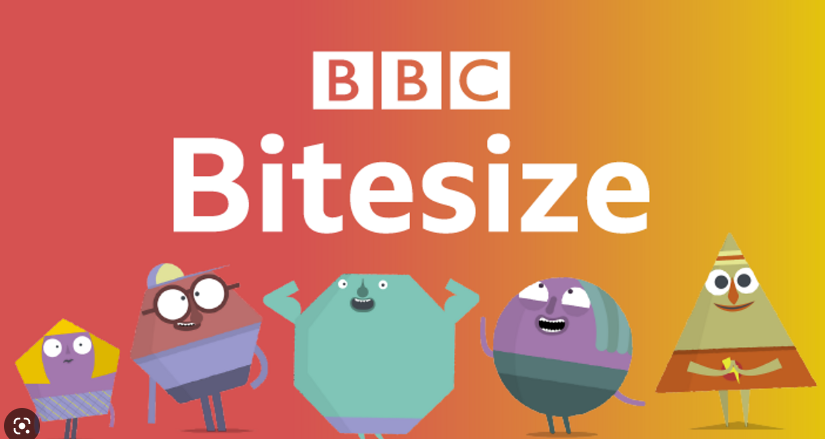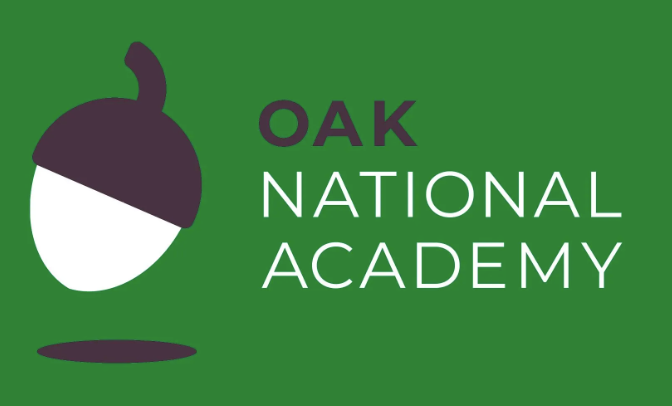French
Intent
At Even Swindon Primary School, we are linguists.
We believe that our French curriculum will foster children’s curiosity of different cultures and to develop their interest in learning other languages in a way that is enjoyable and practical.
Whatever the language taught, we strive to stimulate and encourage children’s curiosity about all languages. At Even Swindon Primary School, there are 50 different languages spoken and so it is vital that we help children develop their awareness of cultural differences.
We have carefully chosen our French curriculum to provide children with a scheme of work which teaches languages in an interactive, practical and varied way, covering a wide range of topics and themes.
Pupils are able to achieve the skills of listening, speaking, reading and writing which will enable children to apply their language learning in a variety of contexts. This will also provide opportunities for them to communicate for practical purposes, learn new ways of thinking and to communicate coherently.
We strive to inspire our pupils’ curiosity and ability to connect with and understand people in other parts of the world. We will provide children with a foundation for learning further languages, equipping them to communicate, study and work in other countries.
Implementation
- Within each lesson the scheme provides opportunities for Assessment for Learning, through recaps and application tasks. Adaptions to the lessons are made where required, to meet the children’s learning needs.
- Lessons are adapted for SEN pupils through relevant, accessible vocabulary lists and progressive work in their French work booklets, visual Communication In Print vocabulary mats, and mixed ability pairs or additional adults used to support in group spoken and listening activities.
- Our EAL learners are supported to learn an additional (3rd or more) language through linking similarities to their own languages (particularly if they speak a Latin based language). We also celebrate and utilise their expertise in language learning.
- More able children are stretched and challenged through coaching their peers and supporting teacher knowledge.
- We celebrate European Languages Day to give children a wider opportunity to develop their language skills.
- At significant festivals and holidays, relevant lessons are taught to deepen children’s understandings of different cultures. For example, the Christmas, Easter, April Fools’ Day lessons. Children also experience tasting traditional foods from France.
- Support for non-specialist teachers is provided through sound files and video clips to aid pronunciation.
French Policy French Programme of Study French Progression
National Curriculum - Please click here for more information about the French programme of study from the Department of Education.
Impact
We believe high quality learning in French has been achieved when pupils have developed practical communication and cultural curiosity of the world. Through learning stories, songs, games, children will become increasingly proficient to understand and express themselves through the French language. Children will be equipped with the essential language learning skills and awareness to go on to learn other languages throughout their education and beyond.
This will be evident through children applying the taught linguistic skills to understand French and other languages. Children will be able to talk about the vocabulary and grammar they have learnt as well as language strategies they have used to learn, memorise and practice the different Pillars of Language learning (phonics, grammar and vocabulary) in the 4 modalities (speaking, listening, reading and writing).
Useful links
Click on the images to find out more









